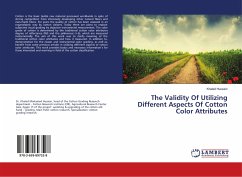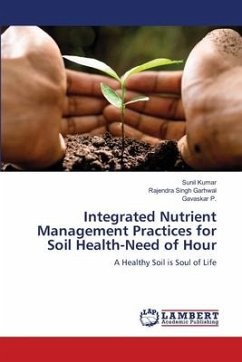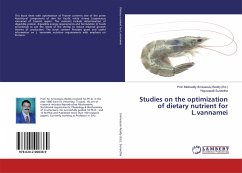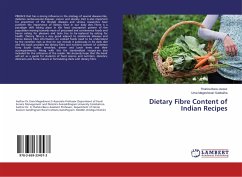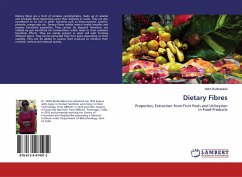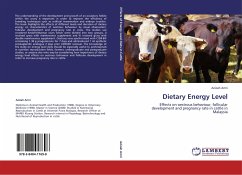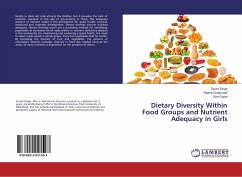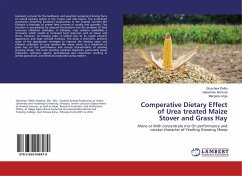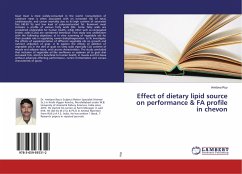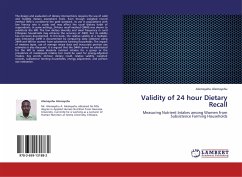
Validity of 24 hour Dietary Recall
Measuring Nutrient Intakes among Women from Subsistence Farming Households
Versandkostenfrei!
Versandfertig in 6-10 Tagen
32,99 €
inkl. MwSt.

PAYBACK Punkte
16 °P sammeln!
The design and evaluation of dietary interventions requires the use of valid and feasible dietary assessment tools. Even though weighed record method (WR) is considered the gold standard, its use in populations with low literacy rate is costly and may affect the usual dietary habit of respondents. In some settings, 24-hour recall method (24HR) was shown to substitute the WR. The low dietary diversity and meal frequency in rural Ethiopian households may enhance the accuracy of 24HR, but its validity has not been documented. In this book, the relative validity of a multiple-pass interactive 24HR...
The design and evaluation of dietary interventions requires the use of valid and feasible dietary assessment tools. Even though weighed record method (WR) is considered the gold standard, its use in populations with low literacy rate is costly and may affect the usual dietary habit of respondents. In some settings, 24-hour recall method (24HR) was shown to substitute the WR. The low dietary diversity and meal frequency in rural Ethiopian households may enhance the accuracy of 24HR, but its validity has not been documented. In this book, the relative validity of a multiple-pass interactive 24HR is documented by comparing data collected using 24HR and WR for women from subsistence farming households. The impact of memory lapse, use of average recipe data and inaccurate portion size estimates is also discussed. It is argued that the 24HR cannot be substituted for the WR to assess absolute nutrient intakes for a group or the prevalence of inadequate intakes but could be used for energy-adjusted intakes. Key words: 24-hour dietary recall, relative validity, weighed records, subsistence farming households, energy adjustment, and portion size estimation.



